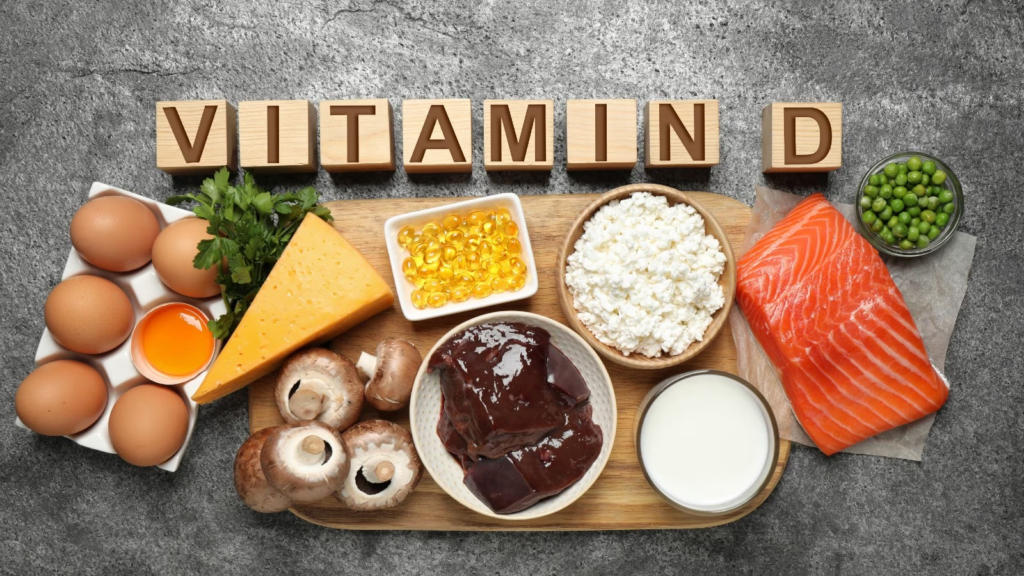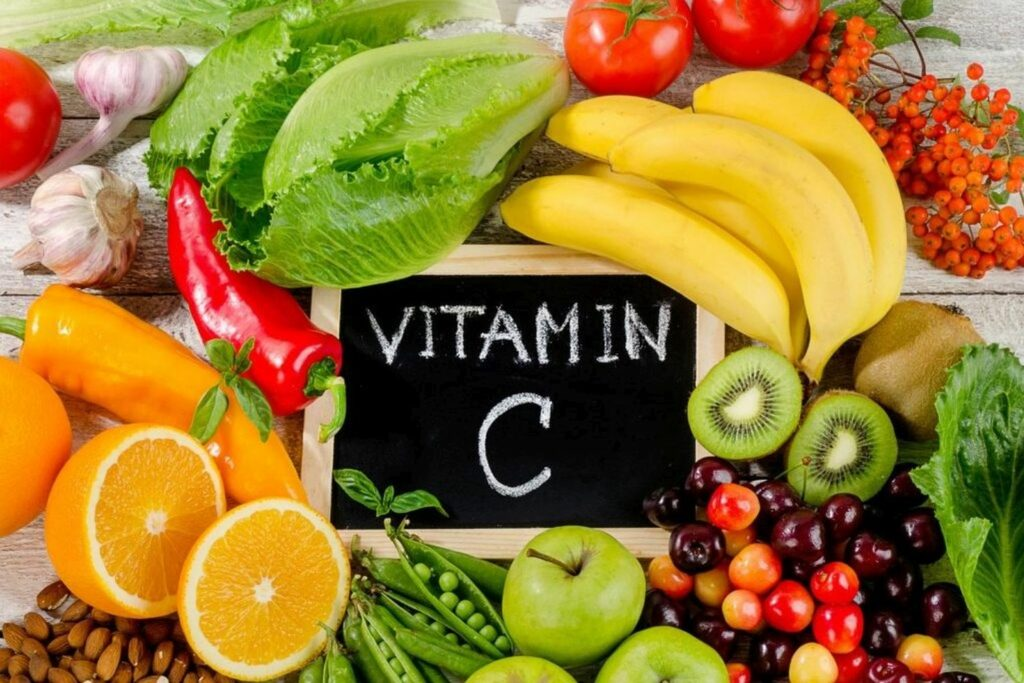The supplement industry has topped over $32 billion a year, and the king of that list is vitamin supplements.
With almost 30,000 different dietary supplements available to health-crazed consumers, it is difficult to know what’s good for you and what’s going to leave you with kidney stones. Too much of anything isn’t good, and that applies to health supplements and vitamins too.
Contrary to what you might think, you can overdose on vitamins – and depending on the vitamin, that overdose could be fatal.
The only way to know what’s helping your body and what’s harming it is to do your research. Below are the vitamins that your body needs daily, and although these should be coming from our diets – today’s refined foods aren’t packed with vitamins as they should be.
Vitamin D

Vitamin D should technically be absorbed through being in sunlight for 15 minutes a day, the stark reality is that almost half of all Americans aren’t getting that.
Many Americans live in cold locations, work too long, or apply sunscreen – and while that is good for your skin, it does nothing for your vitamin D intake.
Most children and adults require 600 IU of vitamin D per day, so choose a multivitamin with at least that amount in it.
Calcium
Almost half of the American population does not get enough calcium in their diet.
Calcium is an essential building block of strong bones and teeth. Women are most at risk of developing calcium deficiencies, like bone density loss.
Getting enough calcium from your younger years is the best defense against bone density loss and osteoarthritis.
Foods with calcium include milk, yogurt, cheese, and some popular vegetables.
The recommended amount of calcium is 1000mg a day, so if you aren’t getting enough in your diet then it is time to buy a supplement.
Magnesium
Magnesium is one of the most important nutrients for living a long and healthy life.
It is best known for calming nerves and managing stress, easing sleep problems, and it is essential to our bone health. Knowing how to choose the right magnesium can be tricky, but it’ll only take a few weeks of supplementing to see and feel a difference.
There are multiple potential benefits in taking magnesium tablets – and some research has shown that it could even help lower blood pressure and reduce the risk of developing heart disease.
Zinc
Zinc levels are generally lower in older adults and people coping with too much stress – which is pretty much everyone these days!
Zinc plays a crucial role in supporting our immune system and helps the body to convert carbs, fats, and proteins into energy. It also plays an integral role in helping to heal wounds faster and better.
Foods with zinc include grass-fed beef, organ meat, pumpkin seeds, and oysters – so if you don’t eat a lot of those foods, consider getting a zinc supplement.
Vitamin B-12
The B-vitamin complex is a team of eight hardworking vitamins that band together to supply and sustain our energy supplies by breaking down the nutrients we eat and converting them into fuel for our cells.
Each B vitamin plays a specific role. The most important ones include vitamin B-12 because it helps to keep the body’s blood cells and nerves working optimally. That helps the body to repair and renew genetic material in cells and can prevent anemia.
Most food sources of vitamin B-12 are animal-based, so vegans and vegetarians need to supplement.
Vitamin C

Vitamin C is an essential nutrient that our bodies need to form blood vessels, muscle, and collagen in our bones. It is an essential component that assists in the healing process and helps our bodies to absorb iron.
It is a plant-based nutrient and if that wasn’t impressive enough – it is also an antioxidant. This powerful vitamin can reduce your risk of developing chronic diseases because it boosts the body’s natural defense mechanism.
Iron
While eating foods rich in iron is helpful to most people, it is sometimes hard to do that every day.
With the stresses of modern life, convenience eating is a reality for a lot of people – the quicker and easier the meal, the better. Some people should consider taking a supplementary iron tablet or look for a multivitamin containing elemental iron.
Not everyone needs the same amount of iron, so chat with your healthcare provider about how much your body needs.
People who consume red meat frequently typically get enough iron, but menstruating or pregnant women may need more iron.
Iron is an essential element for growth and development.
Conclusion
These are the most crucial vitamins that support a healthy mind and body, so be sure to take these vitamins every day to ensure that you stay as healthy as possible – regardless of how stressful life gets.

Jean Smith is a fitness enthusiast and blogger who focuses on fitness and a healthy lifestyle. She is passionate about assisting people in living healthier lifestyles and is constantly on the lookout for new and creative methods to stay fit and healthy. Her articles are excellent resources for anyone interested in improving their health and fitness.
